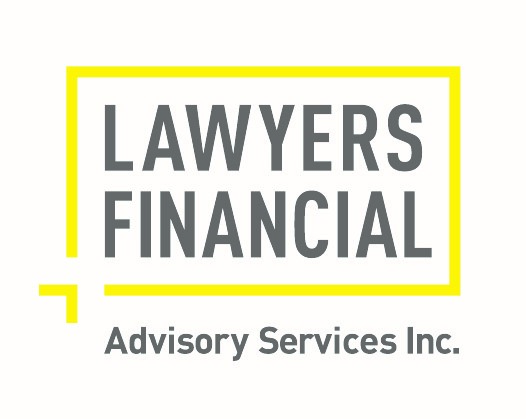
You’ve landed your first job as a lawyer and the paycheques are coming in. It feels great to finally have an income after so many years in school and you’re determined to pay off your student loan as quickly as possible.
While it makes sense to get rid of your debt and pay less in interest over the long term, there are three reasons you should take more time to repay your loan, so you can give your investments a head start.
- By starting to save and invest early in your career, you ensure access to funds should you find yourself needing cash for an unexpected expense or emergency.
- Investing early gives you more time to take advantage of compound growth, which amplifies how quickly your investments grow.
- Any additional interest you may pay by taking longer to retire your loan probably won’t make much of a difference over the life of your career.
Your Lawyers Financial Advisor can help you by recommending how much you should allocate to repaying your loan and how much to invest based on your income, your income tax bracket and your salary over the next several years.
The cost of slowing down your student loan payments
Taking a little longer to pay off your student loan means you’ll pay more in interest charges. However, having some money in the bank and knowing that your investments have more time to increase in value may make it worth the added expense for a few extra years.
Here’s a two-part breakdown showing how you could come out ahead by actually taking more time to pay back your loan.
Step One: Pay off your student loan in 10 years instead of five
| Cost of Loan | 5 years | 7 years | 10 years |
|---|---|---|---|
| Cost of the loan | $50,000 | $50,000 | $50,000 |
| Monthly payment | $989 | $754 | $580 |
| Total interest over life of the loan at 6.99% | $9,389 | $13,368 | $19,634 |
| Total cost of borrowing | $59,389 | $63,368 | $69,634 |
| Added interest | +$3,979 | +$10,245 |
Step 2. Start investing with the money you held back on loan payments
Reduce the monthly loan payments to $580 a month and invest the remaining $400 a month inside a Tax-Free Savings Account (TFSA) that earns a 5% rate of return.
| Monthly contribution | Total investment | Rate of return | Compound interest earned over 10 years | Total value @ 10 years |
|---|---|---|---|---|
| $400 invested for 10 years | $48,000 | 5% compounded monthly | $14,371 | $62,371 |
| After 20 years and no further investments | $102,725 |
Slowing down your student loan repayment results in additional interest charges of $10,245 but over the same period of time, your investment grows to $62,371 and earns $14,371 in interest. That might not look like a big difference but if you allowed your $62,371 to grow for 10 more years and added no additional money to the account, it could earn an another $40,354 in interest for a total of $102,725.
What’s right for you?
Your life is going to have a lot of moving parts. And you’re going to be making a lot of decisions about how to spend, save and invest your money. The example above demonstrates two things:
- Sometimes, the Plan B isn’t obvious. That’s why it’s important to work with a financial advisor who can run the numbers and help you plan for better ways to manage your money.
- Every decision has consequences, so the more complicated your finances get, the more important it is to seek advice from experts trained in coming up with Plan Bs.
If you think that by paying back your student loan at top speed you might be missing out on a bigger opportunity, you can take the guesswork out of the equation by asking a Lawyers Financial Advisor to run the numbers.
Wealth is almost never about the cost or performance of one thing. Real success is the result of consistently making good decisions and sticking to a plan. Read more in Time is on your side.


